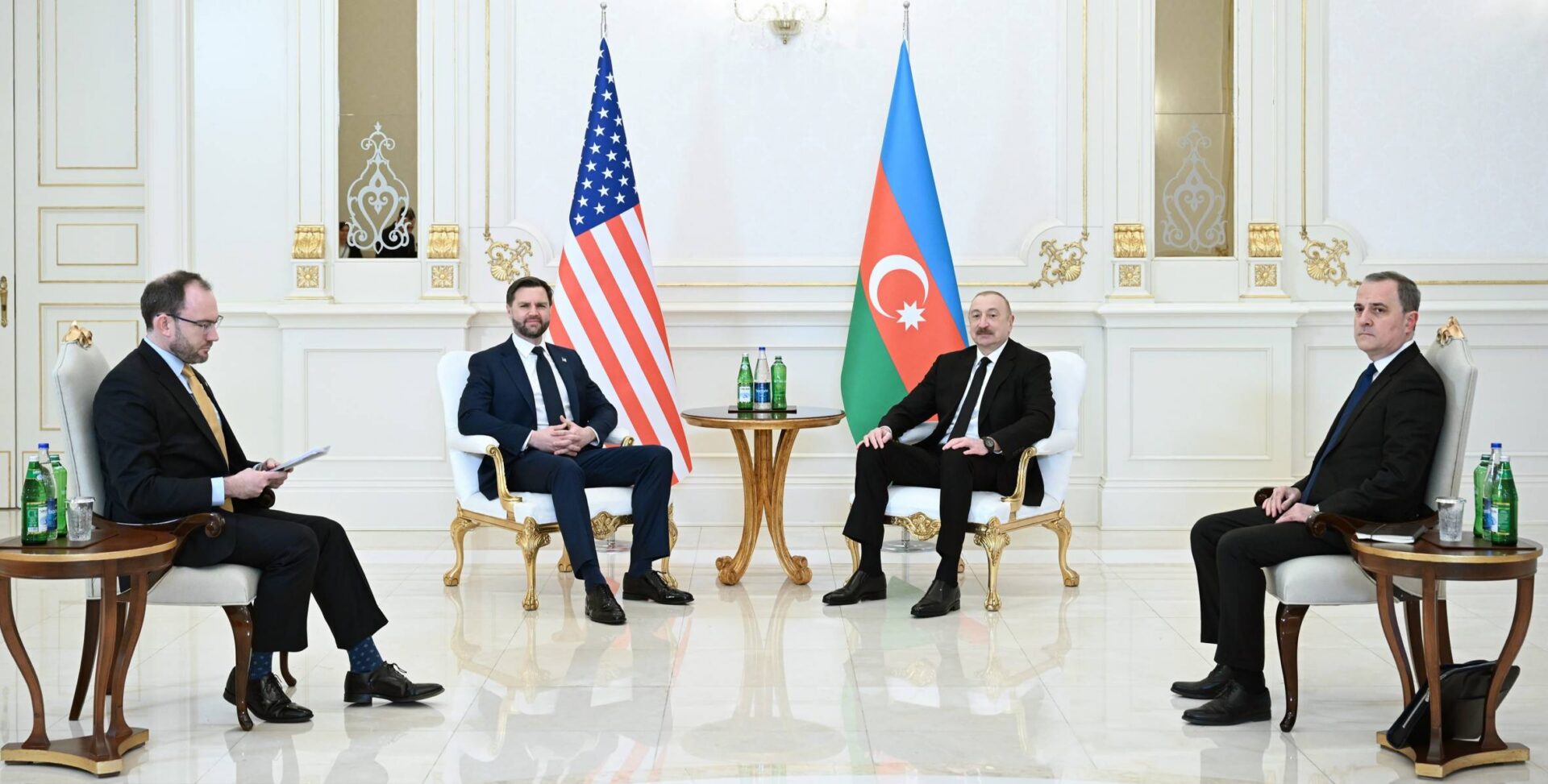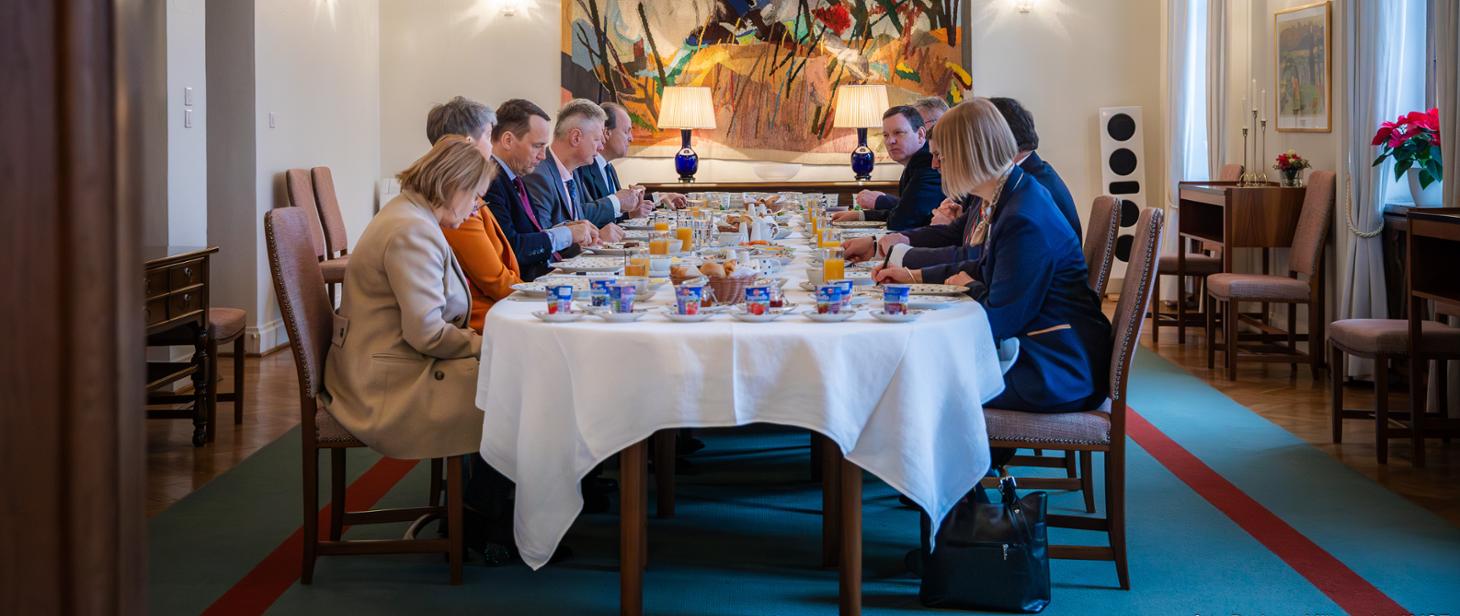
Belarus Policy Lesson? Pursuing Geo-Strategic Interests May Be More Productive Than Direct Democracy Promotion
Belarus Policy Lesson? Pursuing Geo-Strategic Interests May Be More Productive Than Direct Democracy Promotion
Relationships between geo-strategic aspirations and achieving value-laden results such as democracy promotion have never been easy. Due to Belarus’s cultural heterogeneity, crude geopolitics have invariably achieved more in both areas as compared with crude moralization along the lines of human rights. Thus, between 2008 and 2010, as well as between 2014 and 2020, the intensity of ties between Belarus and the West—that is, without political concessions from Minsk—brought about multiple positive results. Those included bridging the gap between Belarusian “Westernizers” and the more numerous Russian-leaning segment of society. For example, some prominent historical personalities, including Konstanty Kalinowski and Tadeusz Kosciuszko, were gaining unprecedented public recognition, as were celebrations of the Belarusian People’s Republic. The Belarusian language was also gaining more acceptance in the otherwise thoroughly Russified public domain (see EDM, December 6).
Whenever tangible but still fragile achievements exist, it is always important not to overplay one’s hand. Unfortunately, Western foreign policymakers and Belarusian Westernizers have never internalized that maxim (Russia Post, January 13). By now, moral indignation has completely supplanted geopolitics from the Belarus policy toolkit, not to mention the belief system of the exiled opposition. The latter is palpably concerned that no new sanctions against Belarus have been adopted by the European Union since June 2022 (Svaboda, June 6). At the same time, Svetlana Tikhanovskaya’s provisional cabinet expects “historic decisions” of the International Labor Organization, which may, during its 111th session from June 5 to 16, trigger its article 33, asking all member countries to reconsider economic relations with Belarus (M123.ru.net; Twitter.com/Svaboda, June 5). Obviously, the official Belarusian trade unions deny the existence of any violations (Belta, June 7).
That is why, when at the GLOBSEC conference in Bratislava, French President Emmanuel Macron articulated that no new pressure on Belarus ought to be applied at this time and that previously applied pressure only pushed Belarus closer to Russia (YouTube, June 1). Macron’s geopolitical statement took many by surprise, with reactions either being shock or delight, with no in between (YouTube, June 5). As the French president’s remark was in response to a question from former Belarusian diplomat Pavel Slyunkin, who is now a member of the exiled opposition, the latter issued a disclaimer. According to Slyunkin, “It was obvious that [Macron] is not immersed in the context, [and] does not know … the history of bilateral relations. … The analysis of the French president is based on … mistakes. He said that applying pressure alone is not enough and that Lukashenka should be offered some kind of exit strategy” (Svaboda, June 6).
While Macron’s words were blasphemous for Slyunkin, it was geopolitics 101 for Minsk Dialogue head Yauheni Preiherman: “You cannot corner an ally of your adversary. By doing this, you are narrowing his freedom of maneuver and shooting yourself in the foot.” But even Preiherman conceded that the time for providing an exit strategy was missed and now it may be too late (YouTube, June 5). During the fifth face-to-face meeting with Russian President Vladimir Putin in 2023 alone, Belarusian President Alyaksandr Lukashenka confirmed that, on July 7 and 8, the actual deployment of Russia’s tactical nuclear missiles will commence in Belarus (RIA Novosti, June 9). Minsk is also planning to deepen cooperation with Russia’s “new regions” (i.e., those regions illegally annexed from Ukraine) in the area of education (RuBaltic, June 8).
As for the opposition, there is a feeling that no number of disclaimers will help it. As usual, it is pervaded by internecine struggle. Thus, Andrei Sannikov, a 2010 presidential hopeful, calls Tikhanovskaya’s cabinet “imposters that take all of you for idiots.” Zianon Pazniak, founder of the Belarusian Popular Front, adopts a similar position and does not support sanctions (Svaboda, June 2). Even within the opposition of 2020, there is no unity, as Valery Tsepkalo, lately the main source of rumors about Lukashenka’s ill health (see EDM, June 7), is at loggerheads with Tikhanovskaya. The most recent squabble emerged within BYPOL, the organization whose members are former associates of Belarusian law enforcement now in exile. Its prerogative is to unmask the activity of current Belarusian law enforcement and publicize the respective revelations on social networks. BYPOL head Alexander Azarov is also a member of Tikhanovskaya’s “cabinet.” Now, Azarov claims that he expelled two other members from BYPOL for their failure to pass a polygraph test, whereas those members accuse Azarov of financial abuse (Zerkalo, June 8; NashaNiva, June 9).
Once upon a time, a respectable Western book on Belarus broached the question of “whether the opposition in Belarus is past resuscitation and whether Western agencies should continue wasting their taxpayers’ money on the client-based policies that have proved so ineffective” (Lewis, ed., The EU and Belarus: Between Moscow and Brussels, London: Federal Trust of Education and Research, 2002). Made 21 years ago, this remark remains suspiciously topical today.
In the meantime, Lukashenka scored two public relations victories. First, he granted clemency to Sofia Sapega, former girlfriend of the recently pardoned Roman Protasevich (see EDM, June 1). Furthermore, Sapega, a person with Belarusian roots who was born in Vladivostok, Russia, but has lived in Belarus since age 5, was passed as a baton to the personal care of Russia’s Primorski Krai governor during his visit to Minsk. And she thanked the Belarusian president profusely (Belta, June 7). Lukashenka also resolved a conflict between a group of applicants to Belarusian colleges and their parents, on the one hand, and the Ministry of Education, on the other, over the approach to calculating entrance exam scores—in favor of the applicants—which was received with a sigh of relief by many (Sputnik.by, June 6).
A perplexing growth of trust in the authorities, earlier uncovered by the exiled opposition’s sociologists through online surveys (Zerkalo, December 16), has received tangible confirmation. But no growth of trust in the opposition has registered. Thus, reopening. whenever possible, a dialogue with official Minsk on pursuing shared geo-strategic interests may in fact produce more tangible results in cultivating democracy rather than the direct promotion of democratic norms and values.


